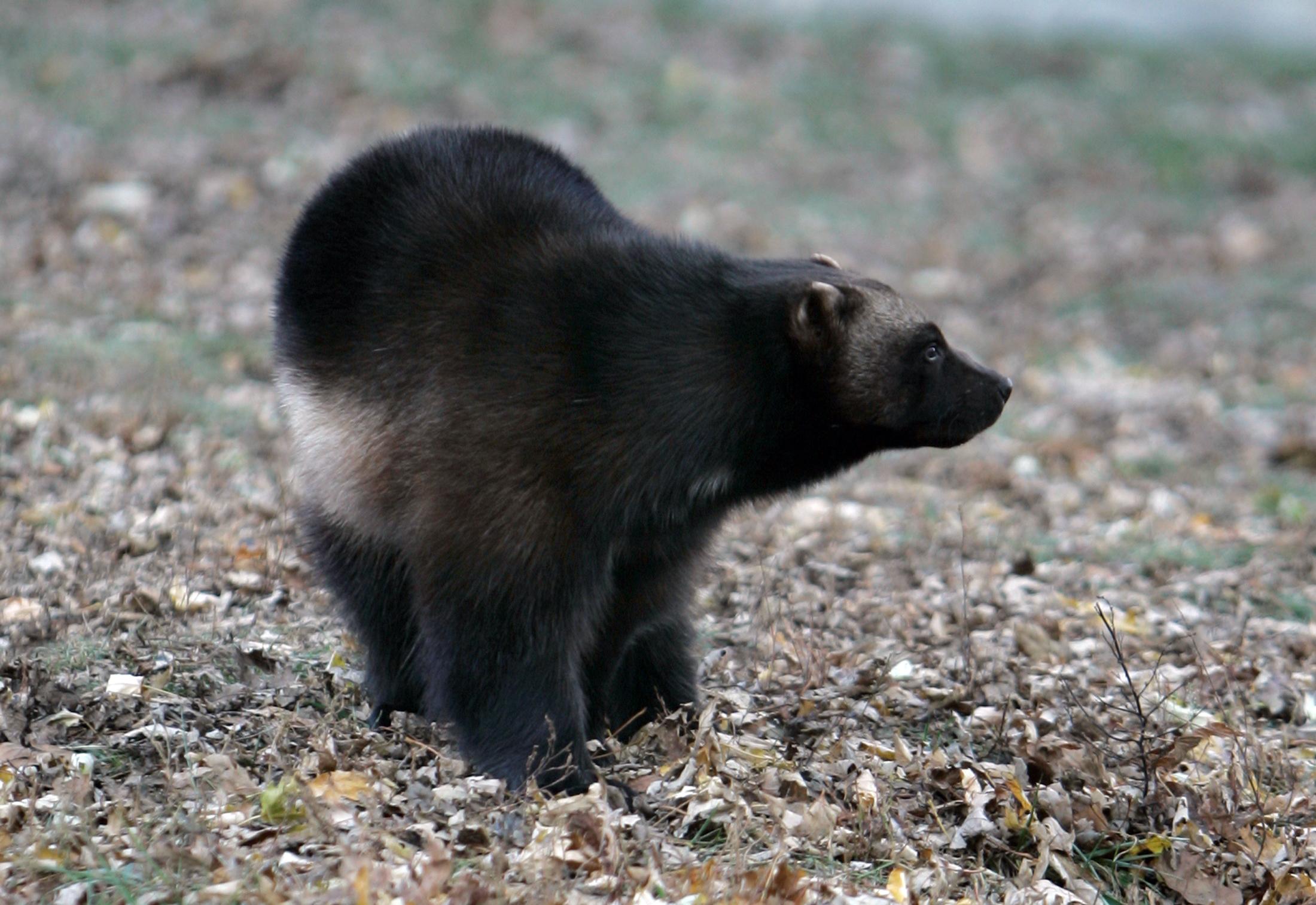
Gov. Jared Polis has signed off on an invitation to Colorado’s newest prospective resident: the North American wolverine.
At an event on Loveland Pass on Monday the governor signed Senate Bill 24-174, which paves the way for Colorado Parks and Wildlife to reintroduce the largest terrestrial member of the weasel family to the Centennial State. State Sen. Perry Will, a R-New Castle and co-sponsor of the bill, said it “was one of my favorite bills this session.”
“It's the correct way to do wildlife management and let the professionals do it instead of having ballot-box biology dictating wildlife management in the state,” Will said, drawing a contrast to the wolf reintroduction effort that was narrowly approved by voters in 2020.
Colorado is considered a prime habitat for wolverines, which are listed as a threatened species across the Lower 48 states by the U.S. Fish and Wildlife Service. Wolverines were nearly eliminated from much of the United States in the 1930s, experts said, but conservation efforts have helped the animal to make a bit of a comeback. In Colorado, the last confirmed sighting of a wolverine was in 2009, when one traveled down from the Grand Tetons.
Advocates for reintroduction said Colorado is home to the largest block of wolverine-ready habitat in the Lower 48, with about one-fifth of total suitable land. Wolverines are solitary animals that favor high-alpine environments.
“It's going to be really helpful to the species itself, to wolverines, because we have some great habitat that is devoid of that species. So let's get them in there and use that habitat that we have,” Will said.
The legislation won’t put wolverines on the ground anytime soon but it does create a framework for reintroduction. Key in the process is getting a special waiver from federal wildlife authorities that makes it possible for “nonessential experimental populations.”
The bill also requires Colorado wildlife officials to create a program that compensates ranchers for any damage to livestock from wolverines if the animals do make it to the state, though wolverine attacks on livestock are rare.
Wolverines have been a target for reintroduction efforts for years in Colorado. They were initially considered for a program in 2010 along with Canada Lynx. The state wildlife agency prioritized the lynx program first. Will, a former game warden, was a part of that effort — as well as the reintroduction of moose to the Grand Mesa — and said he’s pleased to have been involved with another conservation benchmark.
“We'll be doing this in the proper and correct manner and managing the wildlife resources the way it should be,” Will said.








